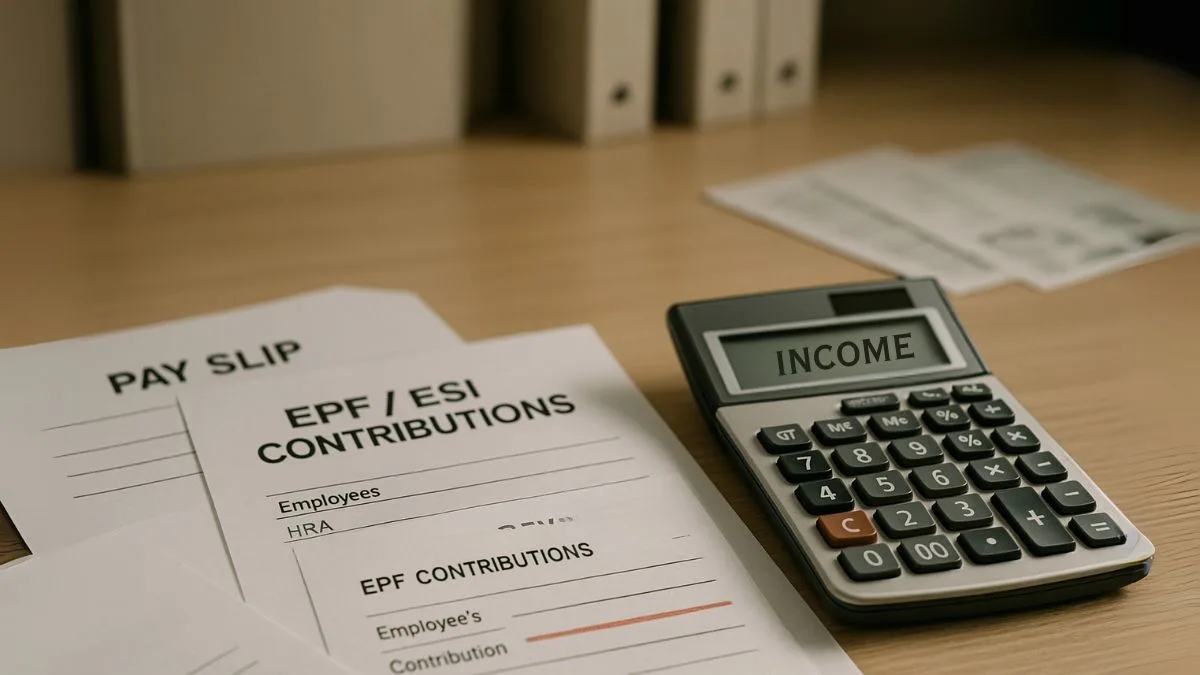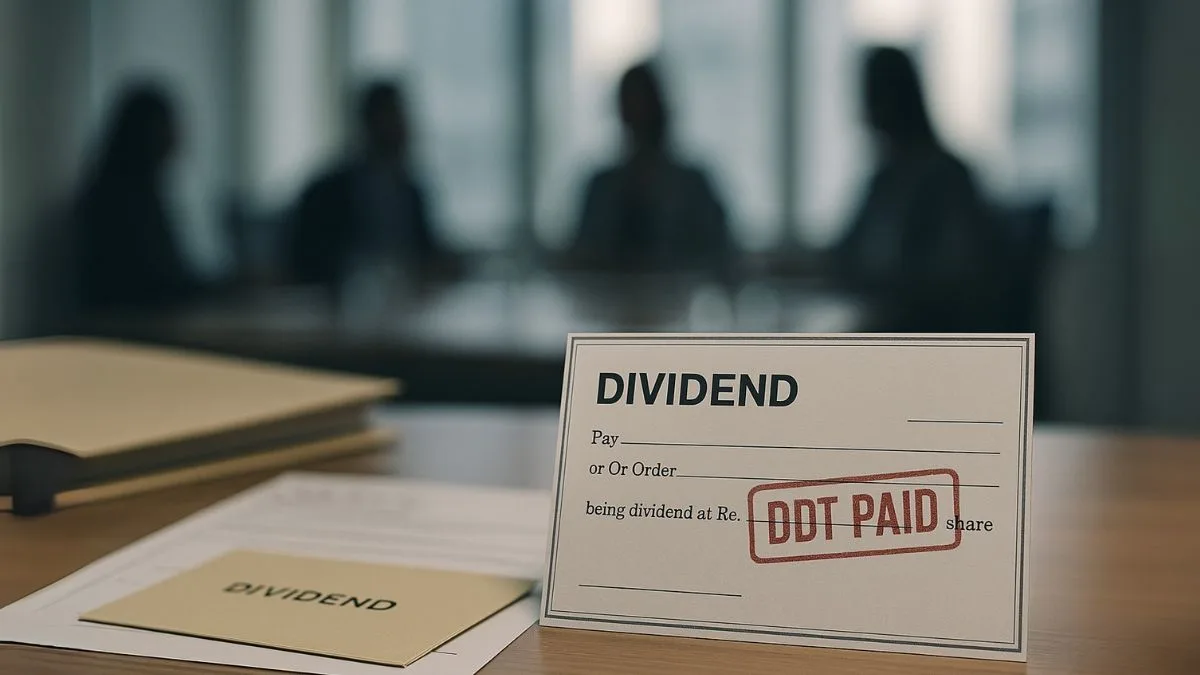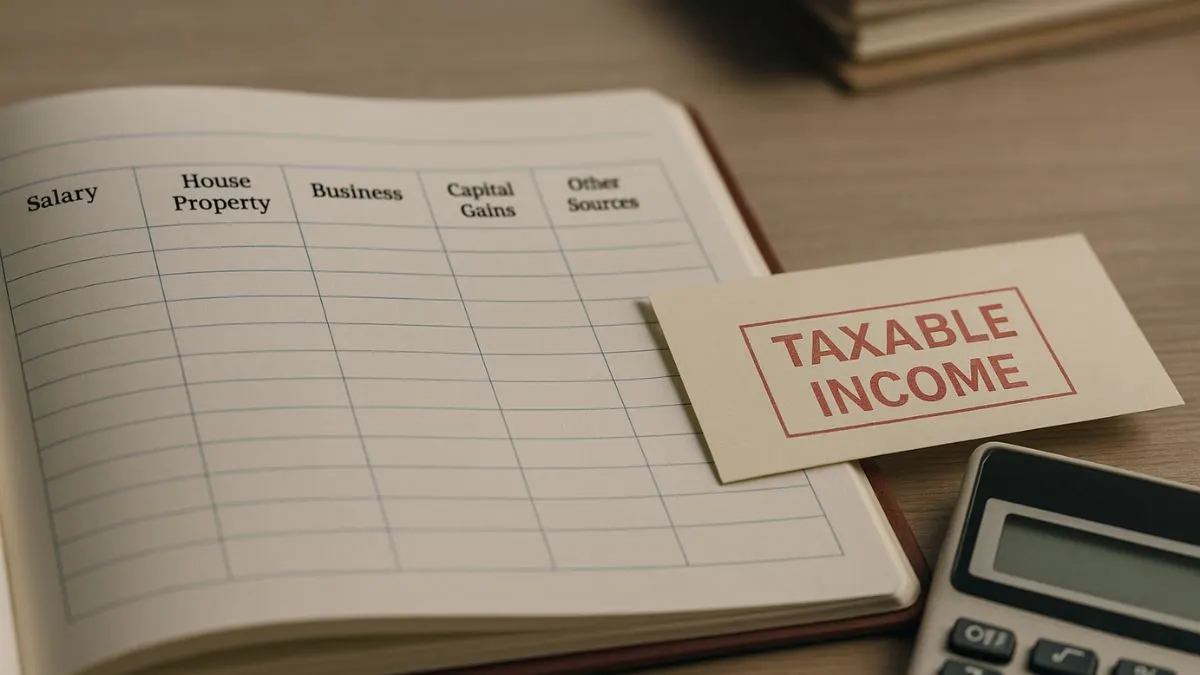
The Income Tax Act, 1961 contains a very broad definition of “income.” This definition goes beyond salary, business profits, & capital gains, extending to various receipts that may not ordinarily be considered income. One such important provision is Section 2(24)(x), which deals with contributions collected by employers from their employees.
The section is particularly relevant in cases involving provident funds, superannuation funds, and other employee welfare contributions. By deeming such contributions as the employer’s income until they are deposited into the respective fund, the law ensures accountability & timely compliance.
What is Section 2(24)(x) of the Income Tax Act?
Section 2(24)(x) of the Income Tax Act specifically includes within the scope of “income” any contributions made by employees towards provident fund, superannuation fund, or any other fund for the welfare of employees, which are collected by the employer.
In simple terms:
- Once the employer deducts these contributions from employees’ salaries, they are considered employer’s income until deposited in the fund.
- If not deposited within prescribed time limits, they may become taxable in the employer’s hands."
This deeming fiction was introduced to prevent misuse of employees’ hard-earned money & ensure its proper deposit into welfare funds.
Why Section 2(24)(x) is Important
The importance of this section lies in:
- Protecting employee rights – Ensures deductions from salaries are not misused.
- Fixing employer accountability – Treats unremitted contributions as employer’s income until they are deposited.
- Strengthening compliance – Discourages delays in remittances to provident or superannuation funds.
Thus, this provision safeguards employees while creating discipline among employers.
Also Read: Section 2(24) of the Income Tax Act – Meaning of "Income"
Link with Section 36(1)(va) – Employer’s Deduction
While Section 2(24)(x) treats employee contributions as income of the employer, Section 36(1)(va) allows deduction of such contributions only if they are deposited in the respective fund within the due date.
- On-time deposit = Employer can claim deduction, so no extra tax burden.
- Delayed deposit = No deduction allowed, even if paid later.
This combination of sections ensures that employers prioritize timely deposit of employee contributions.
Special Provisions on Voluntary Contributions
Apart from employee contributions, the law also mentions special provisions relating to voluntary contributions received by electoral trusts.
- Voluntary contributions made to electoral trusts are treated as income, but are exempt under Section 13B if properly distributed to political parties."
- This ensures transparency in political funding while keeping the definition of “income” broad enough to include such receipts.
House Property and Broader Scope of “Income”
The term “income” under Section 2(24) also extends to property-related considerations. For example, a house, a building, or any land must be included in the house property category when calculating income under the Act.
This shows how wide the scope of “income” really is — covering not just salaries & business profits, but also deemed receipts, contributions, and property-related income.
Example of Section 2(24)(x) in Practice
Suppose an employer deducts ₹5,000 per employee per month as provident fund contribution. For 100 employees, the monthly deduction is ₹5,00,000.
- The employer must deposit this amount with the Provident Fund authority.
- Until deposited, this ₹5,00,000 is considered the employer’s income under Section 2(24)(x).
- If deposited on time → deduction allowed under Section 36(1)(va).
- If not deposited → taxable as income in the employer’s hands.
This example highlights the practical working of the section.
Also Read: Understanding Business Income Taxation
Key Judicial Updates
- Courts have consistently upheld that employee contributions must be deposited within the due date specified in respective Acts (like PF or ESI Acts), not just by the ITR filing date.
- Delays, even if short, can lead to permanent disallowance.
- Employers must therefore maintain strict compliance calendars.
This reinforces the binding nature of Section 2(24)(x).
Compliance Tips for Employers
- Maintain a payroll compliance calendar – Map PF/ESI deadlines.
- Automate transfers – Use online banking or payroll systems for timely deposits.
- Reconcile monthly – Match employee deductions with fund deposits."
- Maintain documentation – Keep challans & acknowledgments for audit.
Following these tips ensures there is no extra tax liability.
Broader Implications of Section 2(24)(x)
- Encourages employers to act as custodians, not owners, of employee contributions.
- Strengthens the welfare ecosystem by ensuring timely remittances.
- Aligns with India’s compliance-oriented tax framework in 2025.
When combined with other deeming provisions, Section 2(24)(x) highlights the Income Tax Act’s principle of expanding the scope of income to prevent misuse & safeguard public interest.
Also Read: Interest on Delay in Advance Tax Payments
Conclusion
Section 2(24)(x) of the Income Tax Act plays a vital role in deeming contributions of employees as income in the employer’s hands until deposited. Alongside, the Act also provides for special provisions relating to voluntary contributions received by electoral trusts and ensures that a house, a building, or any land must be included in the house property for taxation purposes.
In 2025, timely compliance under this section is more important than ever, as tax authorities are using advanced systems to track defaults. Employers must be proactive in managing deposits to avoid penalties & disallowances.
👉 Want expert help with payroll compliance, PF/ESI remittances, or handling issues under Section 2(24)(x)? Connect with us at Callmyca.com — your trusted partner in smooth & compliant tax management.











